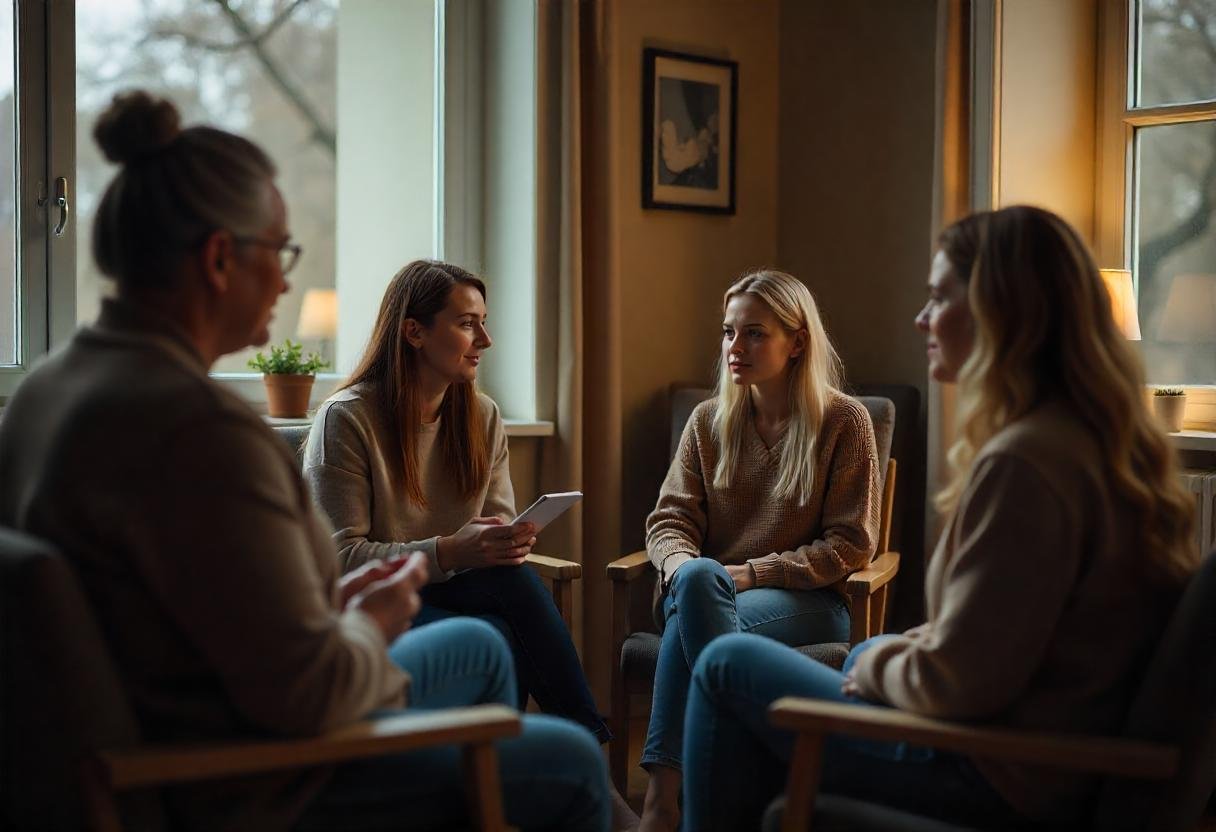Anorexia Nervosa is a serious eating disorder. It involves extreme food restriction and an intense fear of gaining weight. Many people also have a distorted body image.
It is not a lifestyle choice. It is a complex mental health condition that affects the mind and body. At ABBI Clinic, we approach treatment with compassion, professionalism, and evidence-based care. In this blog we will have a look at the symptoms and how to treat Anorexia Nervosa.
Signs and Symptoms of Anorexia Nervosa
Spotting early signs helps ensure timely support. Watch for the following:
- Severe weight loss
- Obsessive calorie counting
- Skipping meals regularly
- Fear of gaining weight
- Excessive exercise
- Low self-esteem
- Physical symptoms like dizziness, hair loss, and fatigue
If you or someone you know is experiencing these signs, seek help immediately.
Why Professional Treatment Is Essential?
Anorexia Nervosa can lead to:
- Heart issues
- Hormonal imbalances
- Organ failure
- Infertility
- Death in severe cases
This condition needs professional intervention. At ABBI Clinic, we offer personalised treatment plans tailored to each patient’s needs.
How to Treat Anorexia Nervosa? Step-by-Step Approach
Let’s explore how to treat Anorexia Nervosa with a holistic, evidence-backed approach.
1. Early Diagnosis and Assessment
Early diagnosis saves lives.
We begin with a comprehensive assessment to understand:
- Physical health
- Mental health history
- Eating habits
- Body image perception
This helps us create a personalised treatment pathway.
2. Medical Monitoring
Anorexia can cause severe physical complications. Our team offers:
- Routine health checks
- Blood tests
- Electrolyte monitoring
- Heart function assessments
At ABBI Clinic, we coordinate with GPs and specialists for full-circle care.
3. Nutritional Rehabilitation
Nutrition is at the heart of recovery.
Our registered dietitians:
- Develop meal plans
- Monitor food intake
- Provide supplements if needed
- Educate patients and families
Slow and steady weight restoration is key.
4. Psychological Therapy
Mental health support is crucial.
We offer evidence-based therapies, including:
- Cognitive Behavioural Therapy (CBT)
- Dialectical Behaviour Therapy (DBT)
- Family-Based Therapy (FBT)
- Motivational Interviewing
These help address:
- Negative thought patterns
- Fear of weight gain
- Self-esteem issues
- Anxiety and depression
5. Family Support and Involvement
Families play a big role in recovery.
We offer:
- Family counselling sessions
- Education on eating disorders
- Practical strategies for supporting loved ones
Supportive home environments lead to better outcomes.
6. Medication (If Needed)
There is no specific drug for Anorexia Nervosa. However, medications may help treat related issues like:
- Depression
- Anxiety
- Obsessive-compulsive behaviour
We work closely with psychiatrists to decide if medications are suitable.
7. Ongoing Relapse Prevention
Recovery is a journey. We help patients:
- Recognise triggers
- Build healthy coping skills
- Set achievable goals
- Stay motivated with regular follow-ups
At ABBI Clinic, we remain committed even after discharge.
Our Unique Approach at ABBI Clinic
Located in the United Kingdom, ABBI Clinic specialises in eating disorder treatments. Here’s why families trust us:
- Multidisciplinary Team: Psychiatrists, psychologists, dietitians, and support staff
- Safe and non-judgmental environment
- Customised care plans
- Family-focused recovery
- Evidence-based treatment models
Tips for Supporting Someone with Anorexia Nervosa
Here’s how you can help a loved one:
- Listen without judgement
- Avoid focusing on food or weight
- Encourage professional support
- Be patient and consistent
- Celebrate non-food-related achievements
Small steps can make a huge difference.
Frequently Asked Questions
1. How long does treatment take?
Each person is different. Some recover in months; others need years of support.
2. Can Anorexia Nervosa be cured?
Yes. Many people fully recover with proper treatment and support.
3. What is the first step?
Book an assessment at ABBI Clinic. Early help offers the best outcomes.
4. Is hospitalisation required?
Only in severe cases. Most patients recover with outpatient treatment.
Final Thoughts
Anorexia Nervosa is treatable. Recovery is possible with the right support, care, and environment. At ABBI Clinic, we combine medical, nutritional, and psychological care for a full recovery plan.
Whether you’re struggling yourself or worried about a loved one—you’re not alone. Help is available.
Take the first step towards healing. Contact ABBI Clinic today for a confidential consultation.



